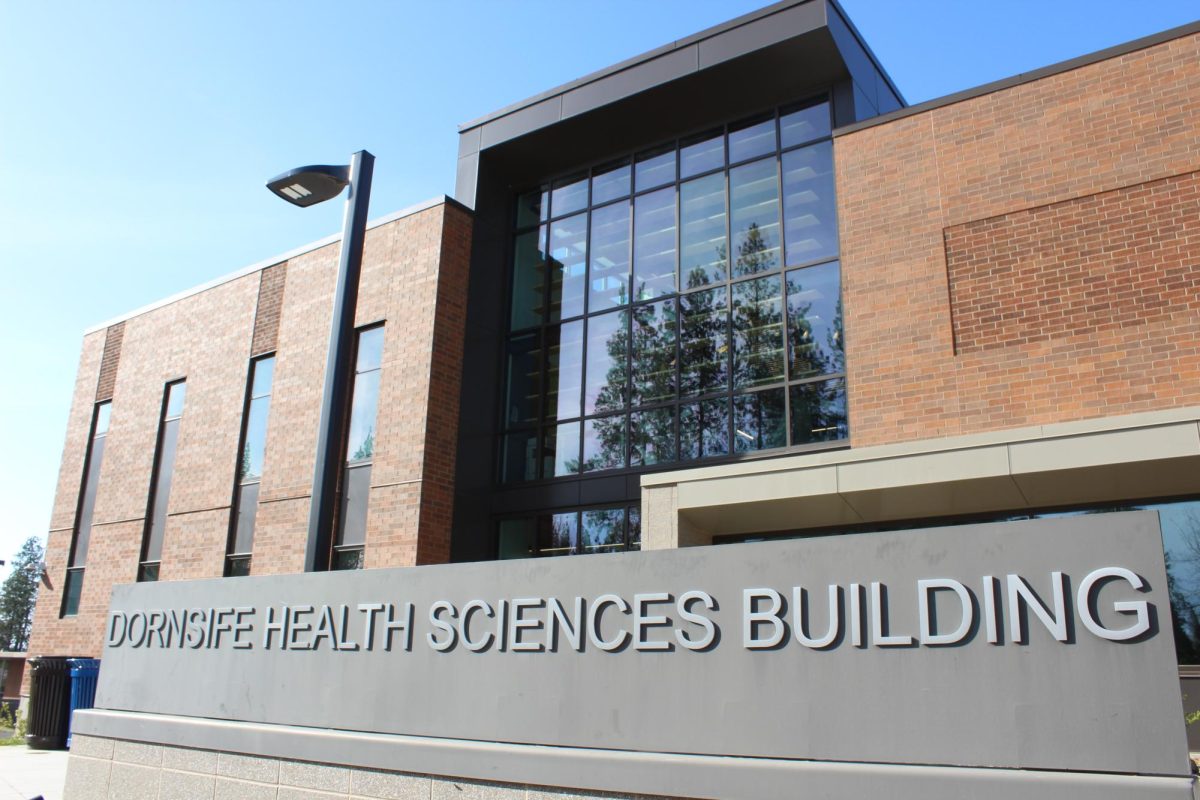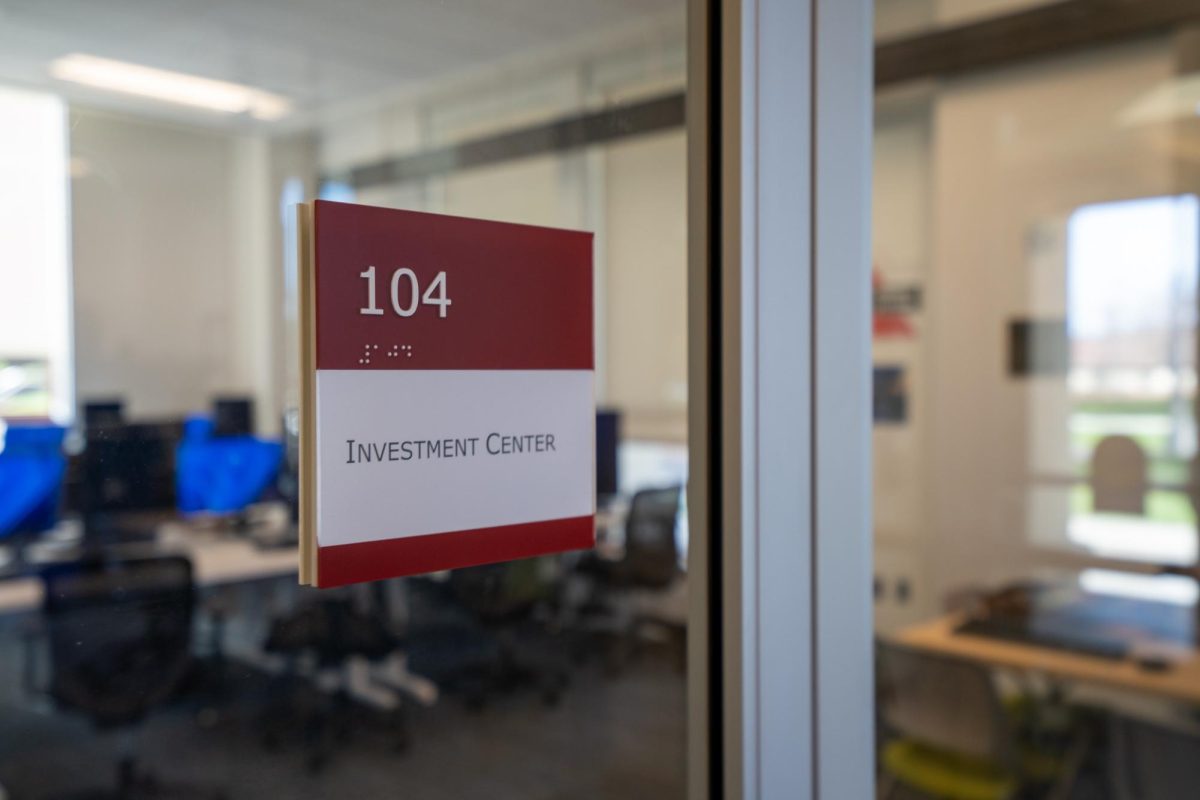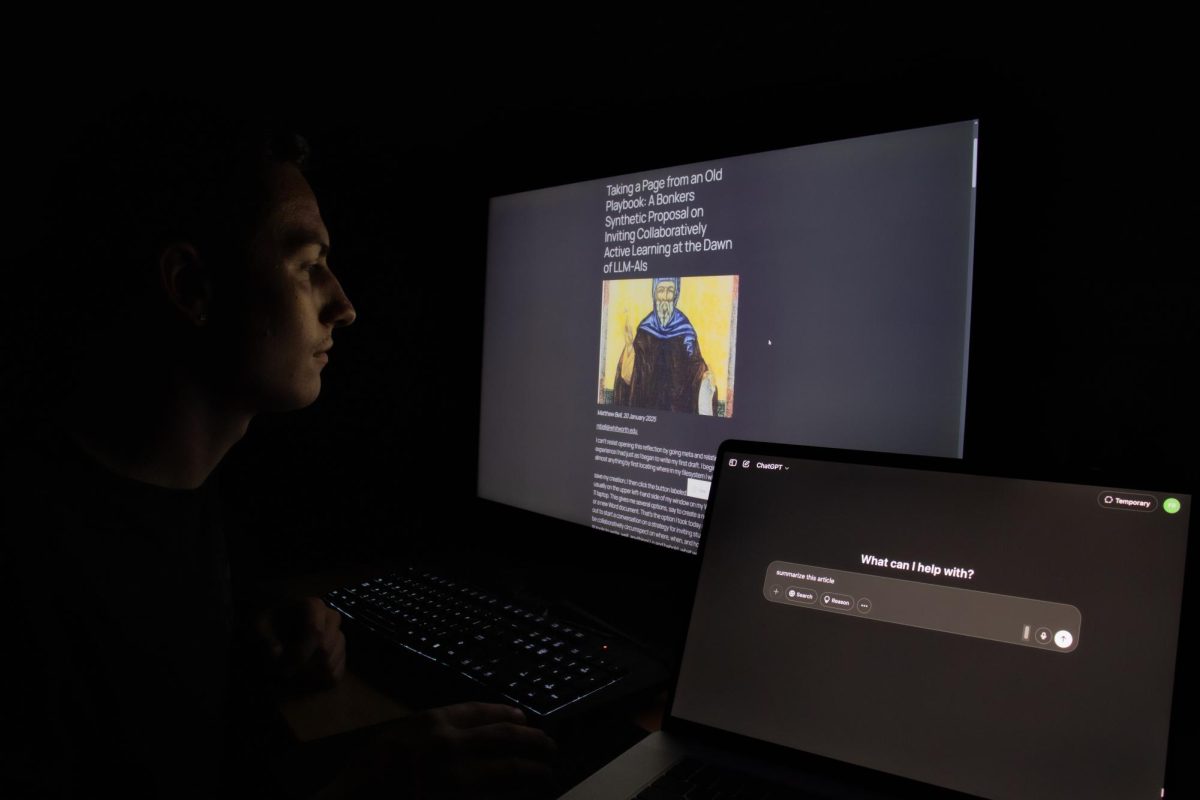Students at Whitworth are fasting technology for a week to concentrate on “real life” relationships.
Distraction Fast is an event which encourages people to give up as much technology as they can.
The Distraction Fast, which kicked off April 9 at 7 p.m. in the Hixson Union Building multi-purpose room, was lead by senior Caleb McIlraith and senior Jenna Hansen.
Hansen told the audience how she was brought up without much technology, especially without social networking sites. Hansen said she felt that college life pressured students into using sites such as Facebook.
McIlraith expressed a concern for the lack of time we spend with our friends, and said he hoped that students who take part in this program will gain a sense of freedom from technology.
“I think technology and things like social media give us a false sense of accomplishment and satisfaction with a relationship by allowing us to connect with people virtually without actually having to enter into a relationship with the person,” McIlraith said.
McIlraith went on to describe how he hoped students wouldn’t always depend on technology for entertainment and social activity.
“It’s something that people do without even really thinking about it,” McIlraith said. “I remember my freshman year being really frustrated because we’d just watch movies all the time. We didn’t even question it.”
Hansen and McIlraith invited audience members to share their experiences with technology with each other before inviting professor of Theology Jerry Sittser to speak.
Junior Veronica Fetzer who attended the event said technology becomes too much of a distraction from work and sometimes damages her friendships as she is more likely to text friends rather than walk across the hall to talk to them.
“I think this is something college students especially need,” Fetzer said. “Growing up, I didn’t have cable; I got a Gamecube when I was 12 but we were only allowed on it for a certain amount of time. I think when I was 13 I got MySpace, and I was on it for hours and hours a day. It was really bad, but I was addicted.”
Fetzer said she watches TV shows, such as “How I Met Your Mother,” as she gets ready or cleans her room.
“I think I’m going to give up Facebook and TV shows,” Fetzer said. “I probably watch one or two TV shows a day.”
Sittser said people fast to break a strong-hold and to create a new kind of habit. The fast should increase one’s awareness of bad habits and show behaviors that have become addictive.
“Our culture is too self-indulgent,” Sittser said. “The goal is to use technology, not to be used by it.”
Sittser warned the audience that technology would always be a part of their lives and they have to learn how to live with it.
“The ultimate benefit from this fast is a greater presence,” Sittser said. “I call this ‘The fast of repentance.’”
Sittser went on to give audience members advice about how to break their bad patterns, such as never allowing yourself to text in front of another person, or to turn your phone off when in the company of others.
McIlraith invited participants to come together every evening this week, between 5:50-6:30 p.m. in the HUB, to get dinner and to discuss the challenges and successes of their fast.
McIlraith summed up his goal for the week as having more people living in the moment rather than being connected to people all over the place at one time.
“What I’m hoping people will realize is how great it can be just to be present where you are,” McIlraith said.
Contact Samantha Payne at spayne15@my.whitworth.edu.







 Spokane?
Spokane?